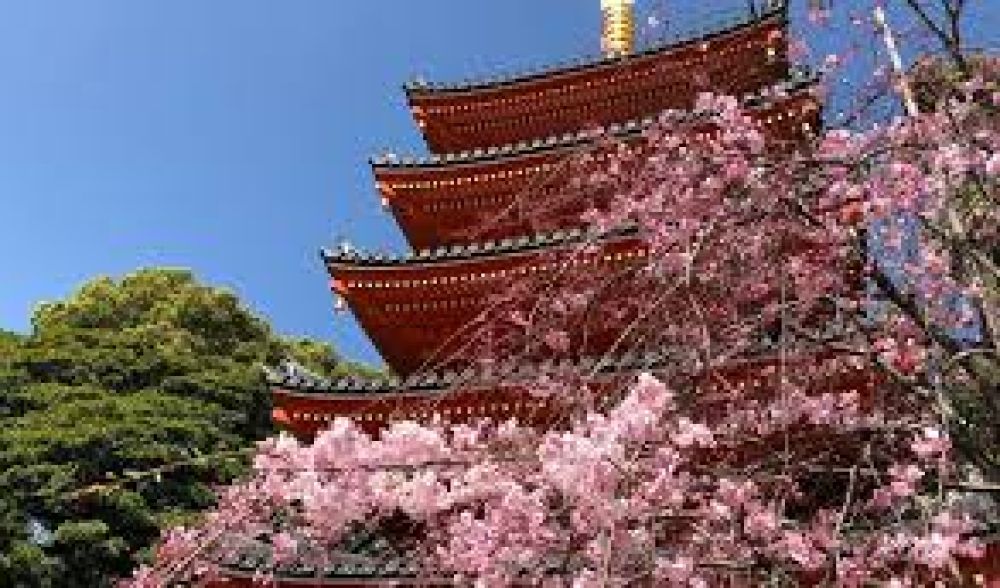

Tochoji Temple, located in Fukuoka, Japan, is well-known for its rich history and cultural significance. Founded in 806 AD by Kukai, who is also known as Kobo Daishi, Tochoji Temple is the oldest Shingon temple in Kyushu and has been a major landmark for Buddhist worship throughout the centuries.
The temple's early history is closely connected to the spread of Shingon Buddhism in Japan. Kukai, after returning from his studies in China, established Tochoji as a center for the Shingon sect, which quickly gained popularity. The temple has undergone numerous renovations and restorations due to natural disasters and wars that have affected the region throughout its history.
Tourism to Tochoji Temple began to flourish more significantly in the modern era. The temple's Great Buddha, which is the largest seated Buddha statue in Japan, became a major attraction. Cast in 1992, the statue has been a focal point for both religious pilgrims and tourists from all around the world.
Beside the Great Buddha, visitors are also drawn to the five-story pagoda and the Fukuoka’s Reclining Buddha, which further emphasize the temple's cultural and historical value. Tochoji Temple's cherry blossom trees add to its allure, with many tourists timing their visits during the spring season to experience the breathtaking sight of these blooming trees.
In recent years, there has been a significant emphasis on the annual Setsubun festival, which takes place in February. This event has become a highlight for tourists, who participate in the traditional bean-throwing ceremony to bring good luck and ward off evil spirits in the coming year.
Modern tourism trends also indicate an interest in cultural experiences; Tochoji Temple provides visitors with opportunities to learn more about Japanese traditions through its temple grounds and organized events.
The local government and tourist organizations have been working on promoting Tochoji Temple as a significant stop on the Fukuoka cultural itinerary. Efforts include providing multilingual tourist guides, informative brochures, and improving access to the temple via public transportation. Maintaining the temple's historical site, alongside integrating it as a part of sustainable tourism, has been a key focus of such initiatives.
As an integral part of Japan's religious and cultural landscape, Tochoji Temple continues to be a cherished destination for people from across the globe. The temple not only offers a glimpse into Japan's spiritual history but also represents the harmonious blend of tradition and modernity in Fukuoka's tourism scene.